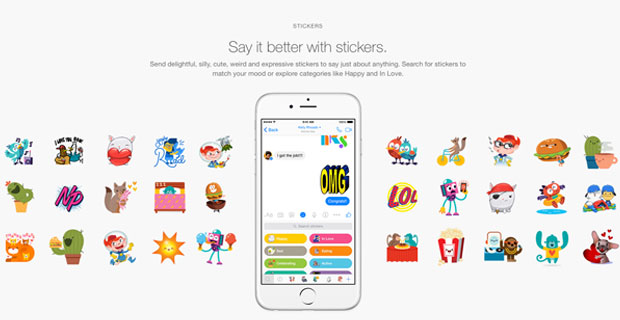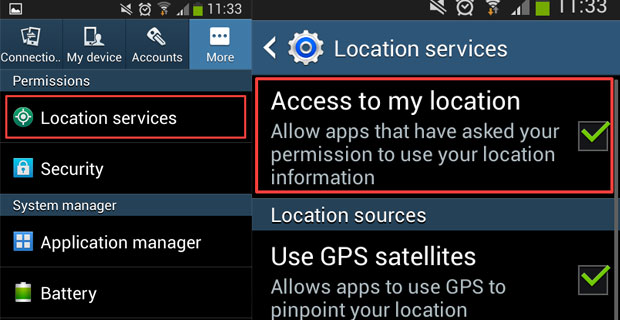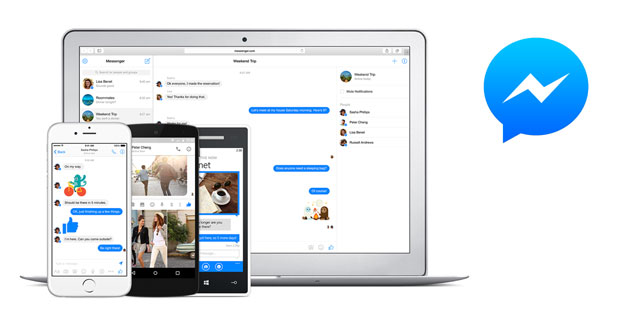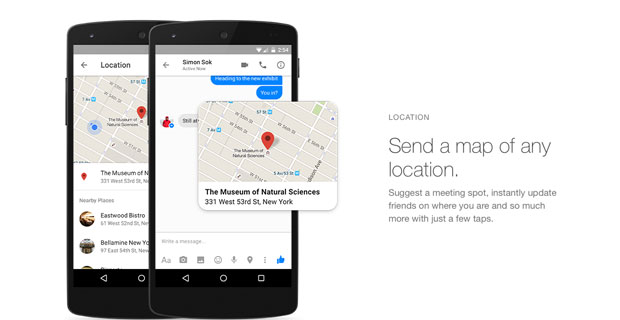Explainer: What is Messenger?
Facebook Messenger is a FREE mobile messaging app used for instant messaging, sharing photos, videos, audio recordings and for group chats. The app, which is free to download, can be used to communicate with your friends on Facebook and with your phone contacts.
Is Messenger different to Facebook?
The Messenger app is a separate app to Facebook. However, users’ profiles can be set using their Facebook account or telephone number.
What are the main functions?
- Instant messaging
- Photo/video sharing
- Group chats – users can chat with their Facebook friends and phone book contacts
- Ability to record voice messages
- Live video chat // video calling
Is there an age restriction?
Like Facebook, users should be 13+ to download the app.
Why do young people like Messenger?
- It’s free to download
- You can connect with both Facebook friends and contacts in your phone book
- It’s really easy to use
- You can send colourful/fun ‘stickers’ to friends

How does it work?
Users simply download the app to their mobile/tablet device; the app can also be used on desktop. Users have the option of setting up Messenger using their Facebook account or with their telephone number (similar to Whatsapp, Viber, ooVoo etc.) If you choose to set-up an account with your Facebook profile, Messenger takes information from your Facebook profile to set up your Messenger profile. This information includes friends list, profile picture, etc. The app can sync with your phone contacts as well as with your current friend list on Facebook.
Are there any risks?
With all other similar messaging apps, there are some risks and things to watch out for. Some of the more common risks include cyberbullying, experiencing or sharing inappropriate content and chatting with strangers. To help avoid these problems, the same rules should apply to all online interactions for young people; only share data with those who you trust in real life, think before you click and report any inappropriate data or messages to a trusted adult. There are some other risks more specific to the Messenger app which parents should be also be aware of:
Location Services
The Messenger app allows users to send other users their location in message. This is done using GPS technology available on most devices now. Parents may want to disable location services on their child’s device to avoid any potential risk. On most devices location services can be found in the phone settings. Simply disable the ‘access to my location’ option.

For Apple devices go: support.apple.com/en-us
Facebook Privacy Settings
When set up with a Facebook account, the Messenger app can sync with all of your phone book contacts in addition to Facebook friends. If you are concerned about who might be in your child’s contacts list or would prefer to limit who your child’s contacts to only Facebook friends, this can be done by skipping the sync with contacts option when downloading the app or turning it off in the settings. Go to Settings > People > Turn Synced Contacts off.
Another privacy setting parents should be aware of is ‘Who can contact me’. By default this Facebook setting is set to ‘basic filtering’ – which means friends and people you may know can contact you on Facebook and on Messenger. To avoid risk of contact from someone your child may not know, it is recommended that this setting be switched to strict filtering (only friends can send messages to the account). This only applies when a user has set up a Messenger account using Facebook. To limit who can contact your child:
Go to Settings > Select Privacy > Select edit on ‘Whose messages do I want filtered into my Inbox?’ (this can be found in the Who can contact me section’) > Switch from basic filtering to strict filtering.
Useful Links
Facebook Messenger Privacy Settings: facebook.com/help/messenger-app/
Facebook Messenger Information on Safety: facebook.com/help









